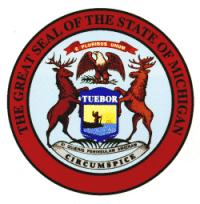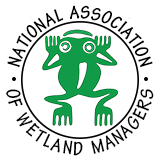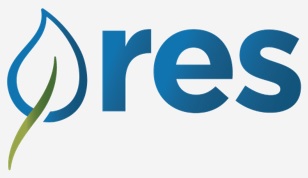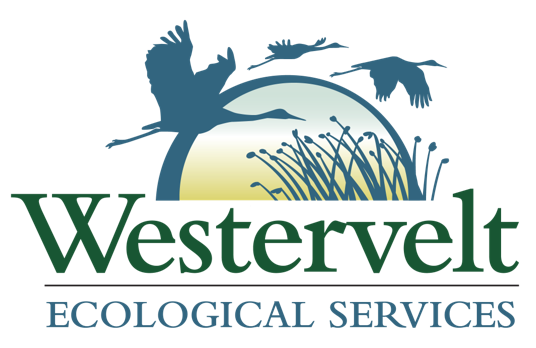Climate Change Adaptation - Michigan

Climate Change History
In 2009 Michigan completed a climate action plan with assistance from the Center for Climate Strategies (CCS). Like other CCS pattern climate plans, Michigan’s plan is entirely focused on greenhouse gas reduction (mitigation) and does not address preparation and prevention of climate change impacts already underway (adaptation). There is explicit mention of the preservation of wetlands and peatlands as part of the carbon sequestration strategy – but the effectiveness of these recommendations is listed as ‘undetermined.’
Current & Future Action
The Wildlife Division of the Michigan Department of Natural Resources and Environment (DNRE) received funding from the Great Lakes Restoration Initiative to work with Wisconsin researchers on downscaling climate data for Michigan to predict ecosystem change. The Water Resources Division of DNRE, in partnership with the National Association of Wetland Managers, is seeking funding to support a conference that will include a section on climate change adaption and wetlands. The DNRE is also working to update Michigan’s Wildlife Action Plan to incorporate climate change by developing a natural resources adaption framework. Michigan partners, including the DNRE, Michigan Natural Features Inventory, NatureServe, and The Nature Conservancy, are currently conducting vulnerability assessments on coastal rare and common plants and animals, as well as rare plants statewide, including wetland species.
Pilot Programs/Current Studies
Update 2012: The State of Michigan DEQ has published a report by the National Association of Wetland Managers, Climate Change Adaptation Plan for Coastal & Inland Wetlands in the State of Michigan (2012).
The National Association of Wetland Managers has jointly published a report for the State of Michigan in fall 2012. A number of organizations collaborated in the fall of 2011 to host a Symposium on Wetland Management in Response to Climate Change. Held in conjunction with the Michigan Wetlands Association Annual Conference, the symposium brought together over 150 scientists, policy makers, and agency staff from state, federal, local, and nonprofit organizations in a broad review of wetland and climate change issues. Highlights included a conference keynote address on wetland adaptations and climate change in the Great Lakes region by Heather Stirratt – Regional Coordinator for NOAA’s Coastal Services Center. Sessions included Linking Climate Change to Wetland Management; Habitat Restoration and Protection; and Climate Change and Water Management. The symposium closed with a Next Steps session that set the stage for this report.
Collectively, these actions provided both an opportunity and a framework for developing and implementing a Climate Change Adaptation Plan for Coastal and Inland Wetlands in the State of Michigan. This report was developed for the Michigan Department of Environmental Quality, Wetlands Program and Coastal Management Program. However, the DEQ has only part of the responsibilities and authorities that will be part of any comprehensive approach to implementing a climate change adaptation plan for the state’s wetlands. Carrying out many of the recommendations in this document will require the cooperation, expertise and active engagement of many other state, local, and regional agencies and groups. Collectively this much larger partnership will need to review the recommendations in the report and reach agreement on specific actions that can be taken to ensure that wetland resources are included in broader strategies to address and adapt to climate change. To download full report, click here.
For More Information
The EPA’s Great Lakes Restoration Initiative webpage is available at: http://www.epa.gov/glnpo/glri/index.html
Michigan’s Climate Plan is available from: http://www.pewclimate.org/docUploads/MI%20ClimatePlan%20March2008_0.pdf
The Michigan Climate Action Council’s webpage is available from: http://www.miclimatechange.us/
For more information contact Chris Hoving at hovingc@michigan.gov or Anne Garwood at garwooda@michigan.gov.































